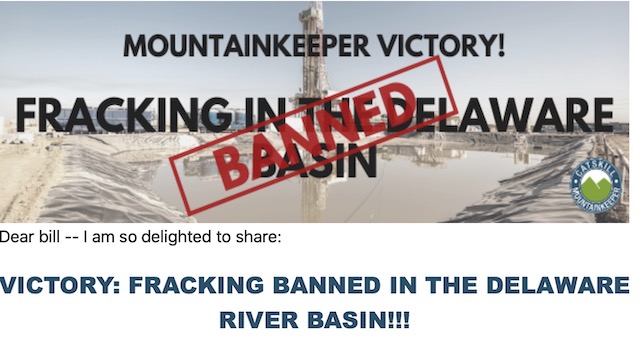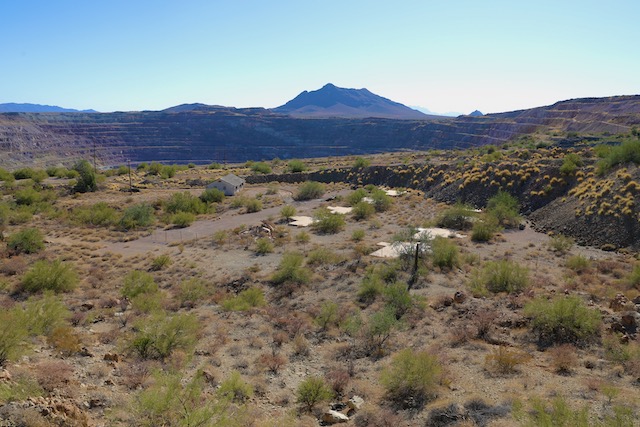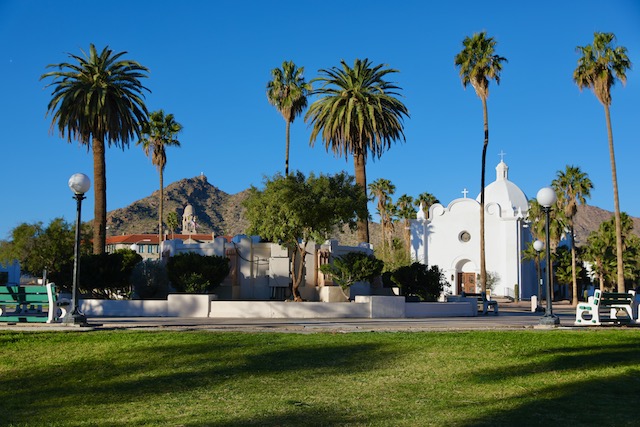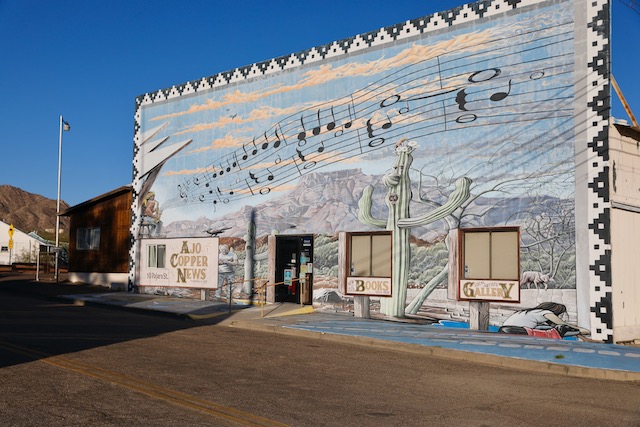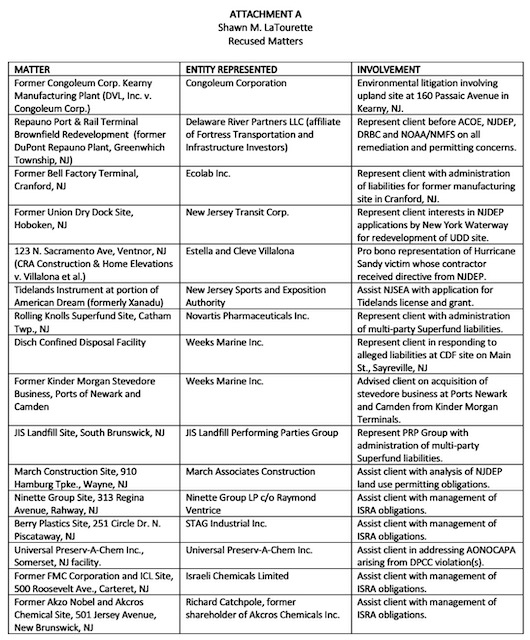DRBC Fracking Ban Manufactures Doubt On Climate Impacts Of Methane
DRBC Decision Parrots Gas Industry’s False Claims
DRBC Misleads The Public and Dodges Issues Regarding DRBC Jurisdiction Over Climate
It is actually hard to manufacture this much uncertainty in just two paragraphs and to tie that uncertainty to a justification of a colossal failure to act.
Shortly after learning of the Delaware River Basis Commission’s (DRBC) decision to ban fracking – and after reading the DRBC’s findings and determinations that formed the basis for that decision – I wrote about how the DRBC’s failure to incorporate climate issues was actually good for the gas industry, by allowing them to continue to avoid regulation, see:
Because I knew that many activists and climate scientists had submitted comments to DRBC on the issues surrounding fracking and the climate emergency – and because DRBC’s own scientific studies documents climate impacts on the basin – today I review the DRBC’s “response to public comment” document to drill down on how the DRBC responded to those comments.
I particularly focused on 2 critical issues: 1) how DRBC addressed the issue of their jurisdiction over climate issues; and 2) how DRBC responded to the climate science.
Upon reading the merits of these two issues, I must revise my prior conclusions.
What DRBC did is actually worse than merely ignoring the climate issues and failing to incorporate them in their decision.
DRBC actively “manufactured doubt” about fracking, the climate emergency, and methane and they bamboozled the public by obscuring the critical issue of how, by refusing to assert jurisdiction – even in the face of compelling science and law – they effectively denied jurisdiction over climate related impacts of fracking.
[Note on sources: Professor Michaels’ “Doubt Is Their Product” (2008) does a better job and was published 2 years before Professor Oreskes’ more popular “Merchants of Doubt”)
So, let’s drill down on those 2 crucial issues.
I) Does DRBC Have Jurisdiction Over Climate Related Impacts?
While I think the science and the law are compelling in support of that the answer is a resounding YES – and I’ve been repeatedly correct in this assessment – let me try to contextualize and summarize the contours of this critical issue.
It is a novel legal question whether DRBC has jurisdiction under their founding Compact to regulate based upon the climate impacts of fracking on the “regulated features” of basin and the delegated powers and objectives of the Compact.
Recall that the regulatory jurisdiction of the US EPA under the Clean Air Act regarding greenhouse gases was resolved by the US Supreme Court, in the landmark 2006 Massachusetts v. EPA decision.
Closer to home, back in 2013, the Pinelands Commission’s Legal Counsel Stacey Roth denied jurisdiction under the Pinelands Protection Act, but that decisions was reversed 7 years later.
NJ DEP, back in 2003 – before the US Supreme Court – asserted regulatory jurisdiction under the NJ Air Pollution Control Act, but never adopted regulations on emissions and provided a loophole from regulations. Here is evidence to support that, from DEP regulatory documents:
On January 23, 2003, the Department adopted regulations requiring large stationary sources to report emissions of the greenhouse gases carbon dioxide (CO2) and methane (CH4) (DEP Docket No. 03-02-01/149).
Readers that are interested in this shameful regulatory history should visit my September 2017 post:
Currently, DEP is months behind schedule but poised to propose major climate PACT regulations, but the scope of those regulations, particularly regarding DEP water resource and land use programs, is totally unclear.
As I’ve written many times, other States – like New York – have asserted regulatory jurisdiction over not only greenhouse gas emissions, but also on water resources .. This has provided a basis for NY DEC to deny pipeline permits under the Clean Water Act’s Section 401 Water Quality Certification authority.
Instead of openly and transparently engaging and clarifying this critical jurisdictional issue, the Commission not only evaded doing so, but they misled the public and obscured the fact that they in fact denied jurisdiction.
Here’s what the DRBC wrote on the jurisdiction question. The entire public comments and DRBC responses begins on page 265:
The Commissioners and the Commission staff recognize the impacts of climate change on the water cycle and the associated water resource management challenges. In 2019 the Commission established an Advisory Committee on Climate Change (“ACCC”). The Commission along with DRBC staff and with input from the ACCC and the public, will to continue to examine policy, regulation, science, and planning direction as needed to mitigate and adapt to water resource related climate impacts. In accordance with the authority conferred on the Commission by the Delaware River Basin Compact, the final regulations on HVHF will be incorporated in and will effectuate the Comprehensive Plan for the planning, development, conservation, utilization, management and control of the water resources of the Basin to meet present and future needs. (@ p. 267)
The DRBC claims to be examining “regulation”, but then they obscure the fact that they failed to regulate in their fracking ban decision.
“The final regulations on HVHF” do not and will not incorporate climate as a regulatory basis. The DRBC findings and conclusions that formed the basis of the fracking ban decision failed to do so and failed to build a nexus between fracking, GHG emissions, and climate impacts on regulated features. The findings and conclusions also form the basis oof the “final regulations on HVHF”.
By not asserting jurisdiction, the DRBC just effectively denied it. Just what the gas industry ordered.
II) DRBC Manufactured Uncertainty About Fracking, Methane, and The Climate Emergency
How the DRBC addressed the climate science is far worse than obscuring the jurisdiction issue.
DRBC used classic “manufacturing uncertainty” tactics:
1) they falsely claimed that data are not adequate to support a decision, relied on a false equivalence on competing science, and inverted the scientific and legal burden of proof;
2) they parroted gas industry spin and misinformation, specifically “he said – she said” tactics; and
3) they formed an “Advisory Committee” to deflect responsibility and manufacture doubt:
DRBC actually used the phrase “on the other hand” and “insufficient data” (and even provided an echo of Trump’s “very fine people on both sides”).
Here it is:(at page 265)
The Commission appreciates the comments related to climate change generally and to the potential for impacts within the Delaware River Basin in particular. Most comments received on this issue highlighted the increasing reliance on natural gas as a regional and national energy source, and on the role of natural gas, a principal component of which is methane, in contributing to global warming. Other commenters have suggested that natural gas is a “cleaner” fossil fuel source than coal and liquid petroleum products, and that wider utilization of natural gas has contributed to a reduction in certain greenhouse gases. There are data to support both perspectives.
While greenhouse gas emissions contribute to increased warming of the Earth’s atmosphere, there is insufficient data to predict the extent to which fugitive releases from future HVHF-related activities, if allowed in the Basin, would cause in temperatures, hydrologic trends, sea level rise, or other climate-related conditions within the Basin. Moreover, a prohibition on HVHF within the Delaware River Basin may create the potential for drilling activity to be more heavily concentrated in areas of the Marcellus and Utica plays in which HVHF is permitted. The outcome may simply be an altered spatial distribution rather than a net decrease in methane emissions.
Whether the growing reliance on natural gas as a fuel alternative is resulting in a net reduction in greenhouse gas emissions is difficult to gage. On the one hand, this trend has been responsible in part for a decline since 2005 in emissions of one significant greenhouse gas – carbon dioxide (CO2). For example, the U.S. Energy Information Administration (USEIA) documented a 14 percent reduction in energy-related CO2 emissions between 2005 and 2017 (EIA, 2018). Although CO2 emissions from natural gas consumption grew, these increases were more than offset by reductions in coal- sourced electrical power generation. As the USEIA points out, “… because natural gas produces more energy for the same amount of emissions as coal, growth in natural gas consumption contributed to the overall 2017 decline in carbon intensity and emissions.” (EIA, 2018). However, data show a re- versal of the downward trend in 2018, with an increase of 2.7 percent in carbon dioxide emissions from the energy generation/use sector (EIA, 2019c; Huba, 2019). But without better data on methane emissions throughout HVHF-related activities, the net effect of HVHF on greenhouse gas emissions cannot be determined.
These are not only classic “manufacturing uncertainty” tactics to delay, narrow, weaken, and avoid regulation.
The DRBC is parroting gas industry positions and equating them with science.
For example, note the use of the words “insufficient data”, the concept of “causality”, the weasel words “certain greenhouse gases” and “may create” and “contributed” and “difficult to gauge”.
Note also the implicit twisted burden of proof – it’s placed on the Commission to predict and demonstrate causal impacts instead of the gas industry to prevent harms.
It is actually hard to manufacture this much uncertainty in just two paragraphs and to tie that uncertainty to a justification of a colossal failure to act.
And that’s not only a horrible decision and precedent for DRBC, but also for the upcoming DEP PACT regulations.
